US will likely send long-range missiles to Ukraine; delivery could take months
The United States has come close to agreeing on supplying Ukraine with long-range missiles despite warnings from Russia that such moves would lead to "spiraling tension."
Despite Washington's initial reluctance to supply US long-range missiles to Ukraine, informed sources cited by media on Tuesday, said the US was now close to agreeing on sending long-range missiles to Ukraine; however, the delivery of them could take months.
Washington's agreement to send long-range missiles will follow the Biden administration’s gradual acceptance to provide US tanks and warplanes to the former Soviet republic presently fighting Russia.
Three American officials, who US media said remained anonymous because they were not authorized to talk to the news outlets about the matter, said the inclusion of Joint Air-to-Surface Standoff Missiles (JASSM) in Kiev’s future weapons shipment is expected to be announced.
They said sending JASSMs to Ukraine could significantly alter the strategic landscape of the war by putting more of Russia in range of powerful, precision-guided munitions, an important concern of the Biden administration.
Military analysts George William Herbert of the Middlebury Institute of International Studies at Monterey in California described the JASSMs as "stealthy".
“They’re pretty stealthy, but not completely designed around maximum stealth,” Herbert said. “A few years ago, a bunch were fired at Syria after chemical weapons incidents, and Russian air defense systems in the country failed to shoot many down, possibly none of them.
“I would expect that carefully planned missile flight paths would let JASSM be effective almost anywhere in the war area.”
Military experts say the JASSMs, which have a range of 400 to 800 kilometers, could push Russian staging areas and supply depots back by hundreds of kilometers.
They say this would extremely complicate Russia’s ability to sustain its offensive operations and potentially provide Ukraine with a strategic advantage.
Since the war started in early 2022, the Western countries support Ukraine in fighting a proxy war against Russia have delivered hundreds of shipments of military equipment, including all kinds of weapons and munitions.
The Western countries even supplied long-range missiles, tanks and warplanes to Ukraine despite initial resistance.
Meanwhile, following Kiev's failed operation in Kursk last month, Russian troops have gained momentum simultaneously attacking Ukrainian forces on both sides.
The Russian Defense Ministry said on Sunday that its troops had liberated two more settlements in the Donetsk region, including Ptyche, just 21km southeast of Pokrovsk, and were "continuing to advance deep into the enemy defenses.”
Earlier reports said that the Russian troops were also pushing Ukrainian troops out of Kursk.
Russian President Vladimir Putin said on Monday that the Ukrainian forces' incursion into Russia's Kursk region will not stop Russia’s armed forces from advancing in eastern Ukraine, vowing to deal with the Ukrainian "bandits" on Russian territory.
"Their calculation was to stop our offensive actions in key parts of the Donbas," Putin told a group of students in the republic of Tyva on Monday, adding that "The result is known... They did not achieve stopping our advance in the Donbas."
Two-and-a-half years have passed since the conflict between the two neighboring countries turned into a full-fledged war.
Moscow launched its special military operation on February 24, 2022, aiming to liberate the Donbas region where the People's Republics of Donetsk and Lugansk were suffering from regular attacks on them by Ukrainian forces.
I write for Iman and Ghazal, martyrs with name and face, not cold numbers
VIDEO | Islamic Revolution Leader’s memoirs book in Italian unveiled in Rome
VIDEO | Syria-Iran alliance strengthens as Larijani arrives in Damascus for key talks
Israeli fans clash with French supporters at Paris football match
Ben & Jerry’s sues parent company Unilever over Gaza advocacy muzzle
Nov. 14: ‘Axis of Resistance’ operations against Israeli occupation
VIDEO | Press TV's news headlines
VIDEO | Israel's push for West Bank annexation


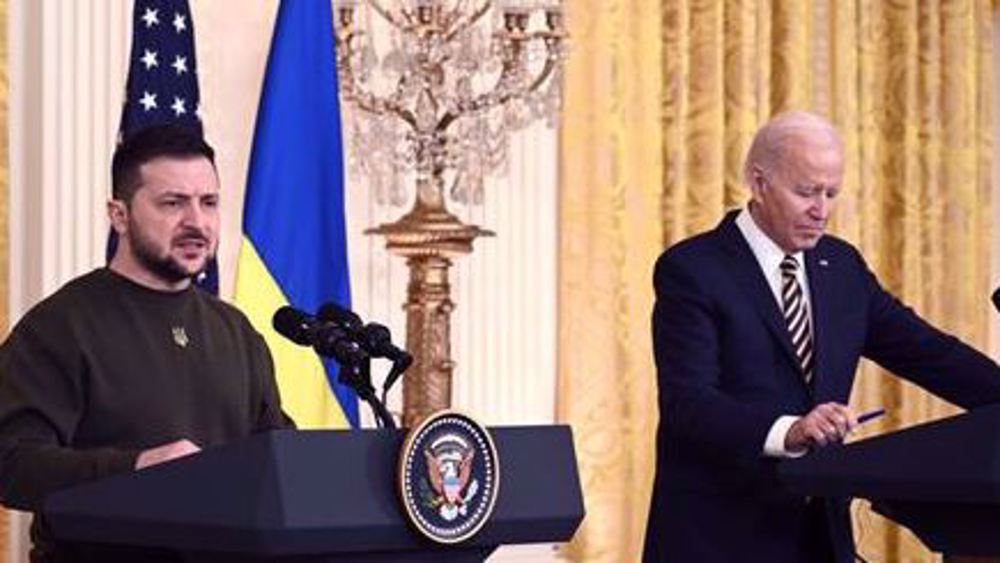
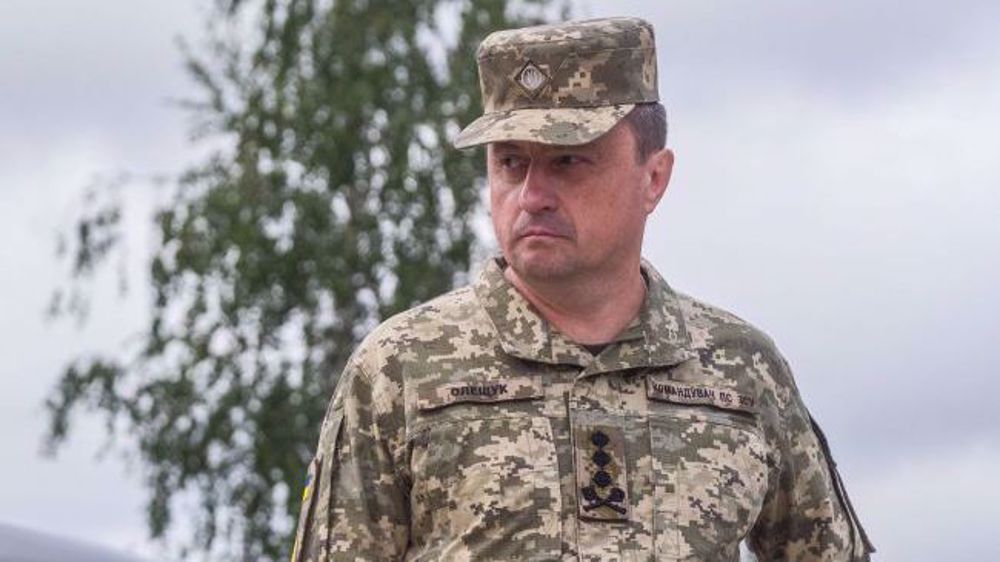
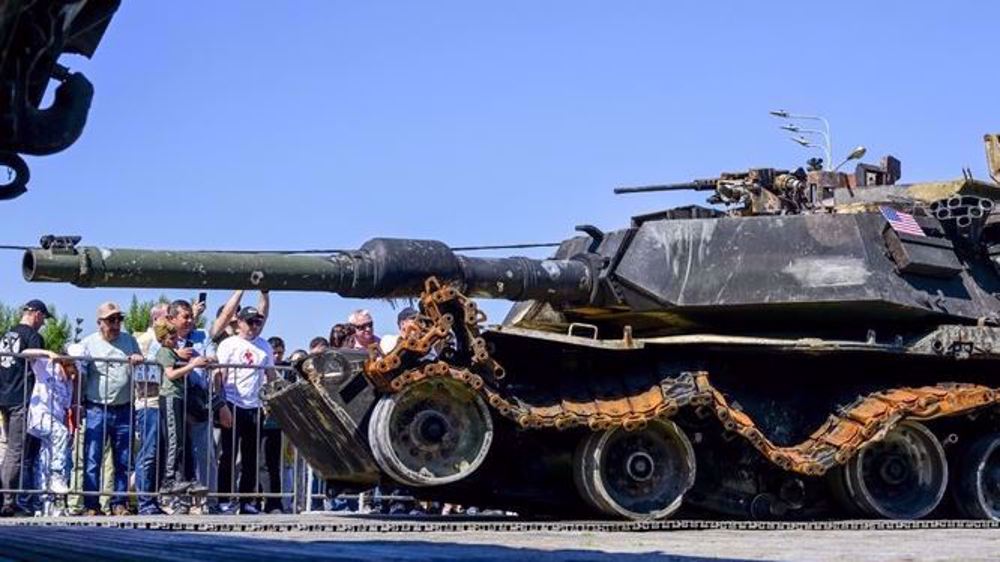
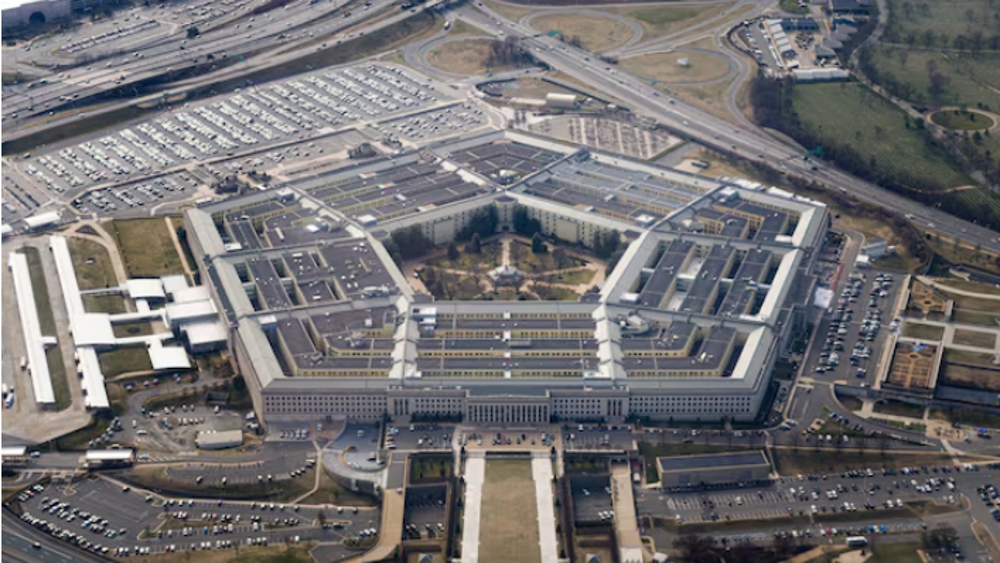
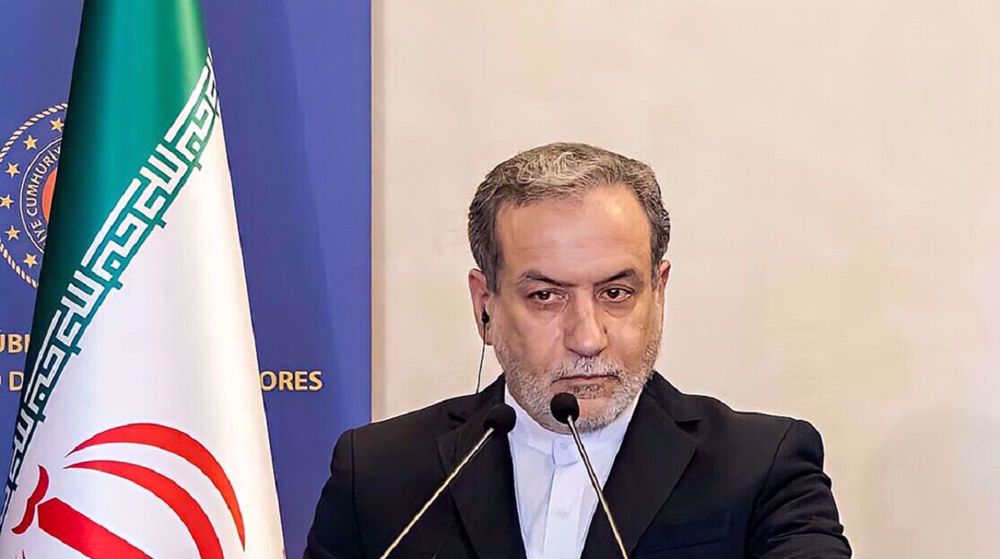
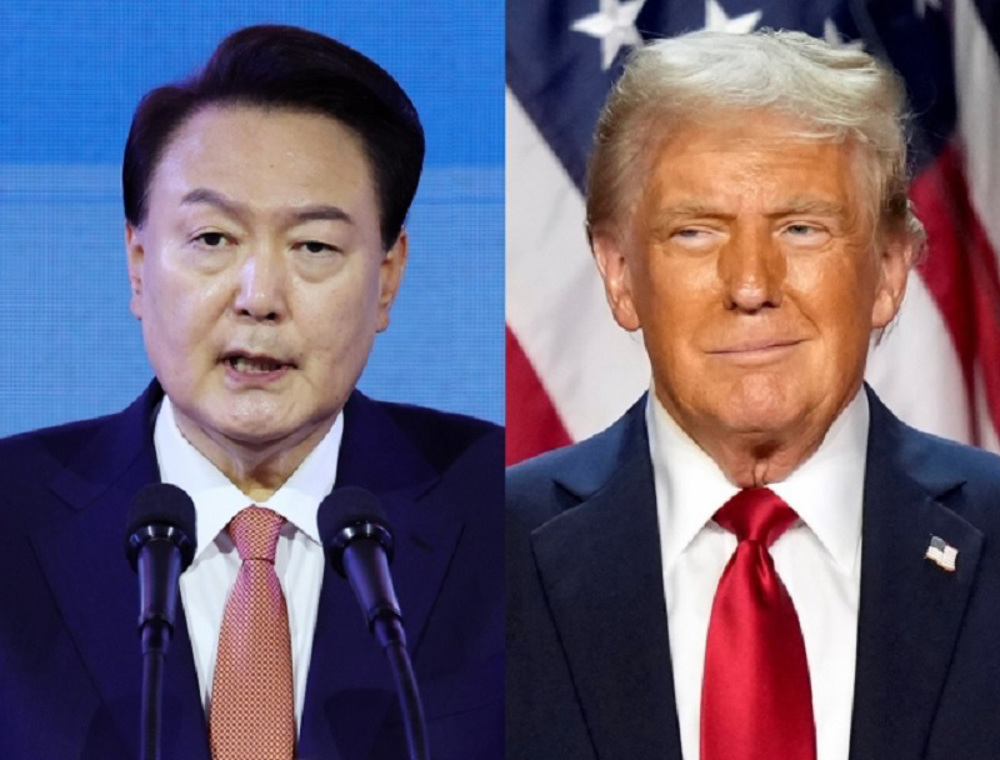



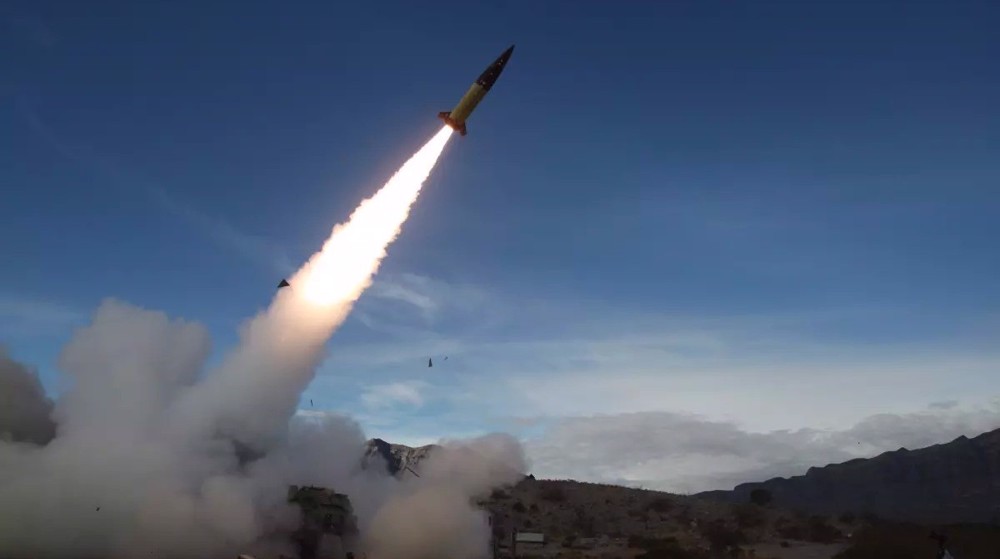
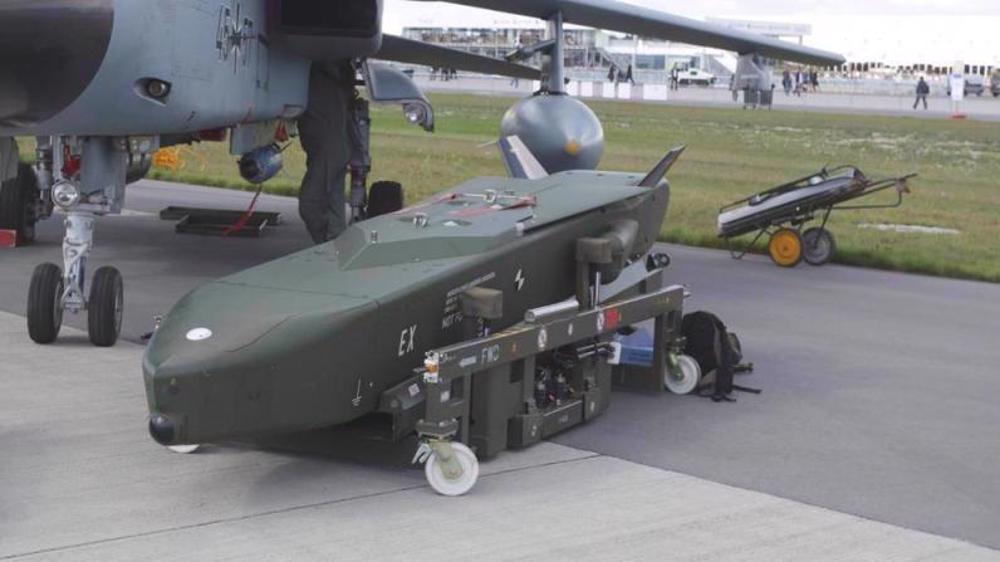
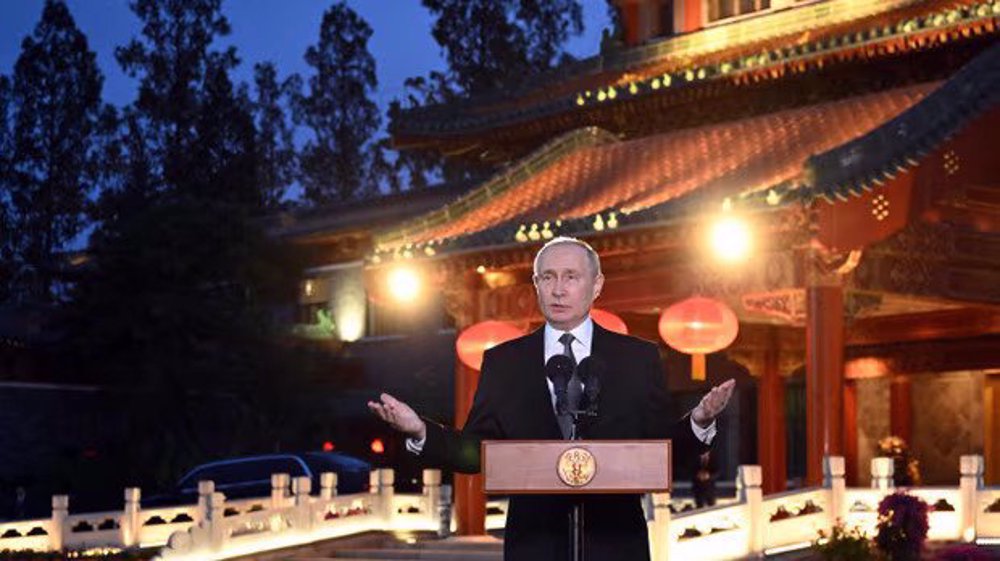
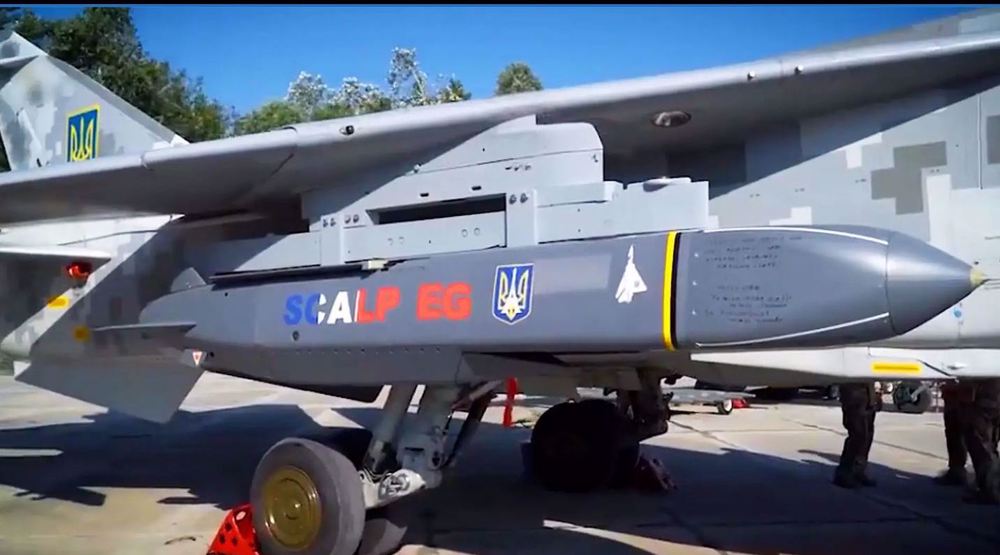
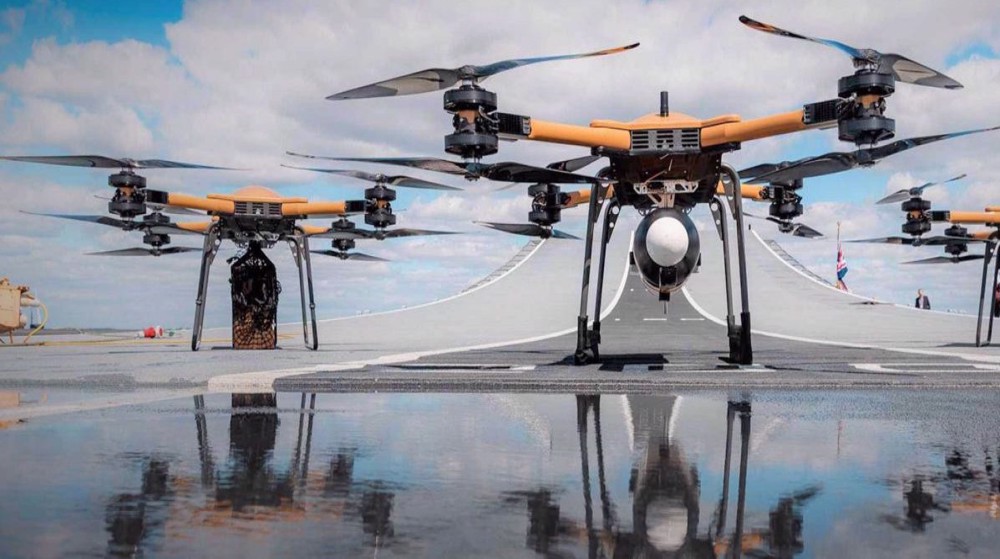

 This makes it easy to access the Press TV website
This makes it easy to access the Press TV website